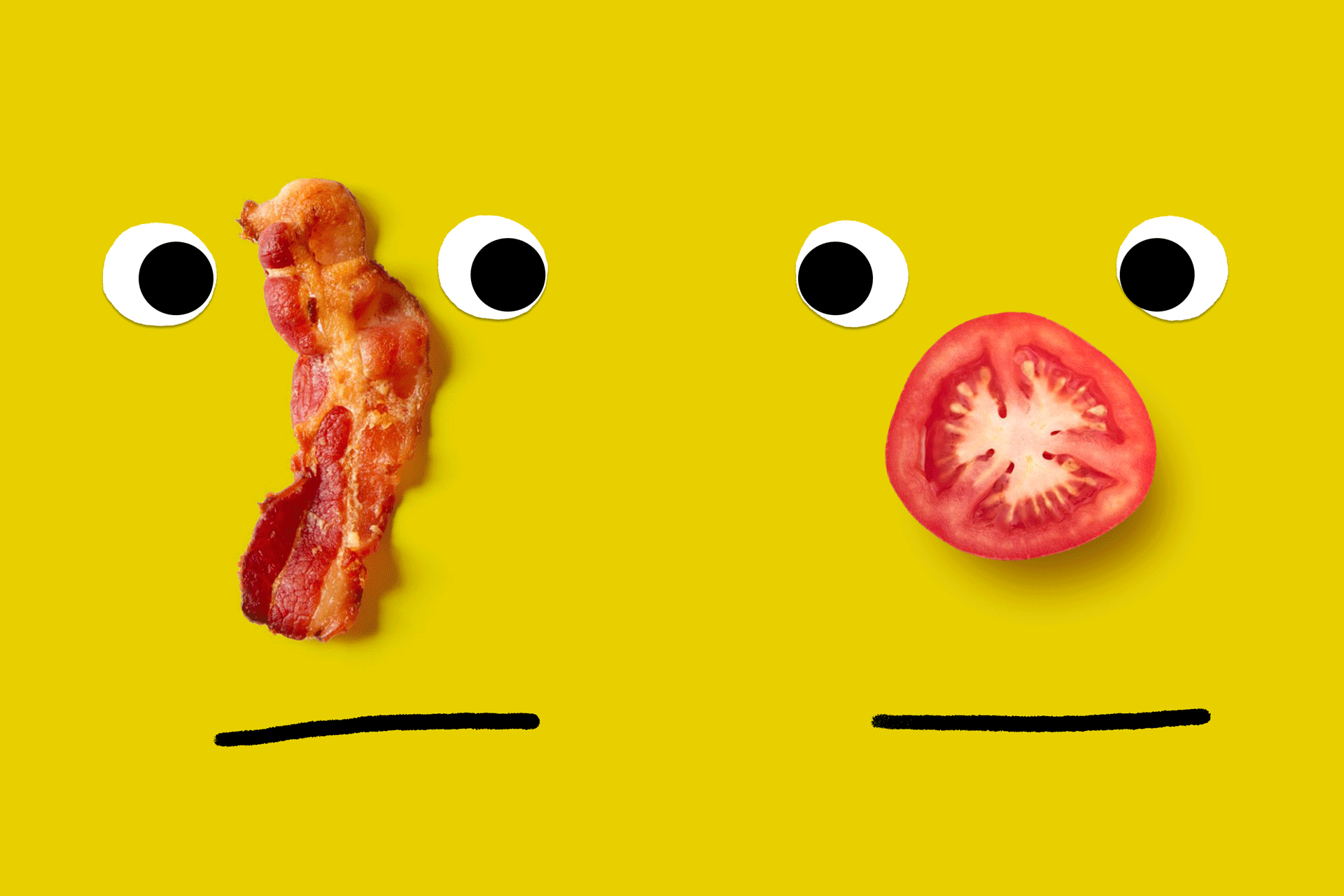Genetics May Hold Clues to Smell, Taste
- Share via
LA JOLLA — A computer jockey named Michael Richards punches a keyboard to search a database of chemicals kept at a biotechnology company here. With a few keystrokes, he calls up one of the more unusual inventory lists in corporate America.
“Harsh but sweet, floral-hay odor; sweet cherry-berry taste,” reads the entry for a chemical called 1-acetyl-4-methyl benzene. “Fruity, floral, weak, vanilla-like odor and taste,” says another entry, for 4-methoxybenzyl acetate.
The chemicals at Senomyx Inc. are part of new genetic research that is attempting to unravel the human senses of taste and smell. The start-up company is one of several around the country that hope to use that knowledge to come up with flavors and fragrances that create new foods and other products.
It’s part of a new discipline that might be called “consumer genetics.” There are plans to create seasonings to make vegetables more palatable to young children by blocking specific tastes that overwhelm their palates. Some companies foresee additives that precisely mimic the taste and feel of rich foods without the fat, or room deodorants that temporarily block the ability to perceive nasty smells. Some are interested in developing artificial sweeteners that can survive cooking, as some of today’s popular ones cannot.
In the near term, scientists envision medicines, diet sodas and coffee that have no bitter aftertaste because they would contain compounds that momentarily block the tongue’s perception of bitterness. The first product from the industry might well be a cough syrup that babies can stand.
The scientists believe that they can eventually not only make ordinary products better but also--starting with compounds like those in the Senomyx stockroom--use the tools of genetics to create smells and tastes never before encountered by the human race.
Researchers foresee a time when genetics can explain precisely why one steak tastes better than another, why some people hate broccoli but others love it, and why most of humankind goes crazy for chocolate. They envision a day, moreover, when those responses can be precisely manipulated by adding smells or tastes or suppressing old ones.
As word spreads of the potential of this work, start-up capital is flowing, and genetics companies that previously focused entirely on disease are making deals to use their knowledge in service to the new field. Some groups that monitor food safety worry that the discipline will spur greater industrialization of agriculture and food production, separating consumers even further from real food grown on real farms. And they say new ingredients produced by molecular techniques will face safety concerns.
Paul Grayson, chairman and chief executive of Senomyx, is optimistic that such concerns can be allayed. “We want to make healthy food taste better or make good-tasting food healthier,” he said.
The Center for Science in the Public Interest in Washington, D.C., publishes lists of food additives, deeming some of them safe and desirable and advising people to avoid others. Its executive director, Michael Jacobson, said he could see some potential benefits from the new technology, such as the ability to make more palatable milk or meat substitutes, reducing the environmental impact of large-scale farming. But he also expressed concern that, over time, the technology could harm people’s diets.
“Additives are more economical than the real food, and they can replace the real food. Many people’s whole diets are made of fake foods. It seems like this would open up new avenues to facilitate the production of these foods.”






